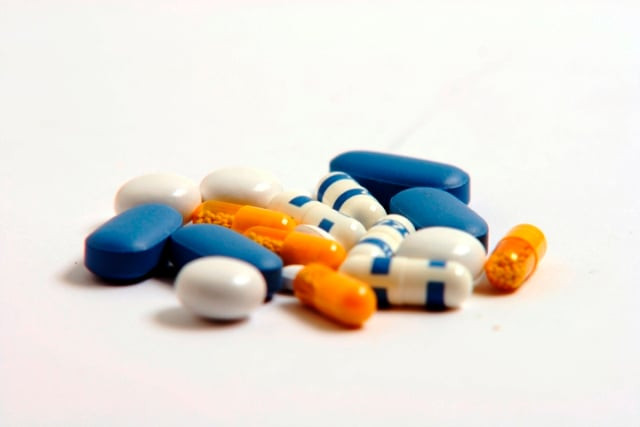The antibiotic threat
Today, there are problems around the world with antimicrobial and antibiotic resistance

STOCK IMAGE
Today, there are problems around the world with antimicrobial and antibiotic resistance, the wonder drug of yesteryear becoming inert and ineffective. Widely used in livestock as well as humans, the World Health Organisation (WHO) is so concerned that it says this is a “serious threat that is no longer a prediction for the future, it is happening right now in every region of the world and has the potential to affect anyone, of any age and in any country”. Dire warnings such as that being made by an entity such as the WHO cannot be ignored. For Pakistan and the subcontinent in general, the profligate and inappropriate use of medicines of all sorts, not only antibiotics, is rampant. Self-prescription and diagnosis are common, and over-the-counter medications poorly regulated everywhere. This is a problem which is going to be hitting Pakistan in the near future if it has not already, with as ever the very young and the very old at greatest risk. Empirical data is scarce for Pakistan but piling up elsewhere. It is estimated that half of all bacteria that cause infections post to surgery are resistant to antibiotics in the US, and one in four infections treated with antibiotics after chemotherapy are now drug-resistant. Pharmaceutical companies are beginning to wake up to this public health crisis but are years away from a solution. At the very least Pakistan needs to be alert because this problem is not going away anytime soon.
Published in The Express Tribune, November 24th, 2015.
Like Opinion & Editorial on Facebook, follow @ETOpEd on Twitter to receive all updates on all our daily pieces.














COMMENTS
Comments are moderated and generally will be posted if they are on-topic and not abusive.
For more information, please see our Comments FAQ